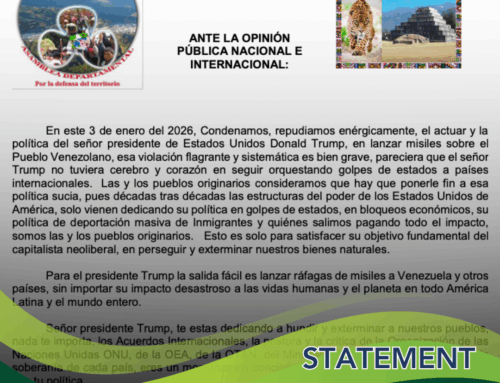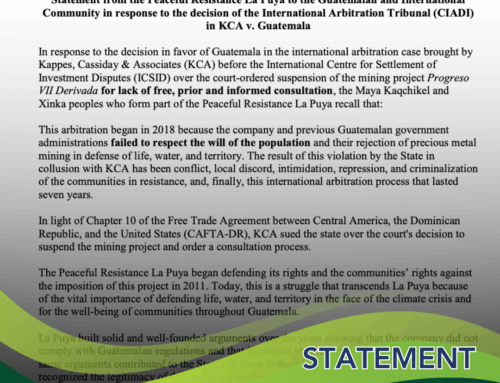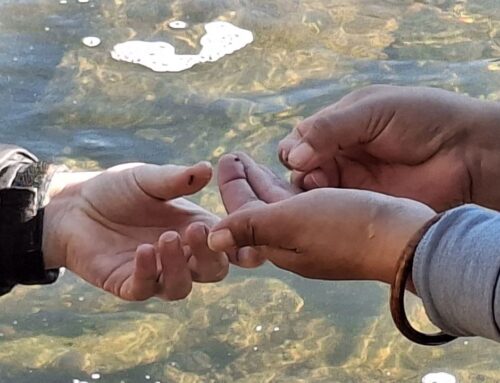Alerta: tras una represión como esta, lo que se deja venir es una cortina de humo bien gruesa.
— juan carlos lemus (@juanlemus9) October 5, 2012
The autonomous government of Totonicapán is an ancestral structure of the K’iche Maya that has endured for hundreds of years, coordinating the indigenous mayorships of 48 communities, exercising self-governance in matters including environmental management and security, and mediating local conflicts. Protest leader Carmen Tacám, at 27 years old, is its first woman President. The economic importance of the highlands roads which wind through the mountain passes of Totonicapán, and the political unity of the communities, has led its prior representatives to proclaim, “When Totonicapán rises, the country shakes.”
#Ottoentoto no sabía que “Cuando Totonicapán convoca, el país tiembla”
— Lucha (@liberalucha) October 5, 2012
The strategic use of roadblocks by indigenous and campesino organizations as form of political pressure and re-vindication is harshly contested by the state and powerful economic actors, especially the business lobby CACIF*, which has campaigned for the prohibition and repression of blockades as violations of the right to freedom of movement. The Pérez Molina administration has previously used violence to break up roadblocks and occupations by students, teachers, and parents protesting exclusionary education reforms; if today’s deaths are confirmed to be the responsibility of security forces, it will mark the first clear instance of mortal government repression against civilian protest under Mano Dura. While community leaders have called for investigation of the deaths, if the administration follows the blueprint established by its response to social conflict and protest in Barillas, Huehuetenango, repressive measures such as arrests of protest leaders or declaration of a state of exception could be implemented instead.
Si Barillas nos puede dar una pauta veo en mi bola de cristal órdenes de captura contra los líderes de la protesta
— Hunahpu E Ixbalanque (@hunahpuEixbalan) October 5, 2012
*A recent study by Plaza Pública found that the CACIF commands more loyalty from many Guatemalan congresspeople than their own parties.






[…] 2012, Guatemalan military personnel attacked Indigenous protesters in Totonicapán that were demonstrating against a nearby Alaska hydroelectric project. Six people […]